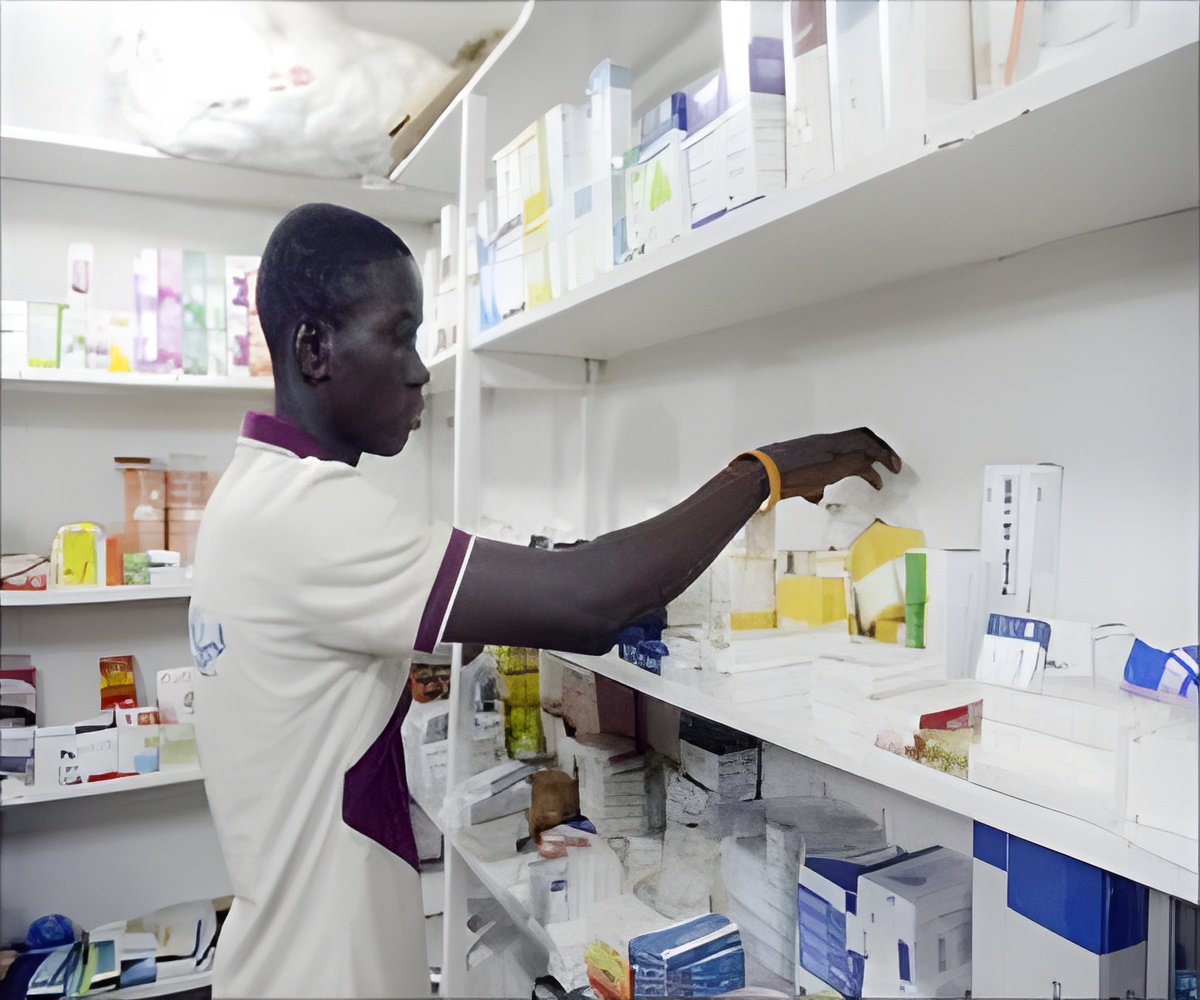The mechanism of the most abundant protein that composes the Ebola virus, VP 40, mediating replication of a new viral particle has been investigated by a team of scientists.

"This means, in conjunction with our previous research papers, that Ebola virus VP40 can assemble and interact with human phosphatidylserine to generate the lipid coat of the virus," Stahelin said. "For completeness sake, Ebola virus is a lipid-enveloped virus and gets its lipid bilayer coat from the human cell it infects. In essence, Ebola VP40 is assembling on phosphatidylserine-enriched regions of human cells to form the long filamentous virus particle we are so familiar with seeing."
The long-term objective of Stahelin's research is to apply principles learned from biochemical and biophysical studies to generate novel therapeutics to combat Ebola. "This study has greatly helped us understand how the Ebola virus replicates and should at least allow us to test some new drug leads and hypothesis," he said. In assessing the status of the current Ebola outbreak, Stahelin sees both cause for hope and cause for concern.
"It seems that the Ebola crisis is being managed better than months earlier and in some regions, especially those in Liberia, hasn't been spreading at the rates seen earlier," he said. "However, it will still be nine months, if not more, before full control can be obtained. The recent spread to Mali is of concern. "Stahelin's and Soni's study appears in the Journal of Biological Chemistry.
Source-Eurekalert
 MEDINDIA
MEDINDIA




 Email
Email







